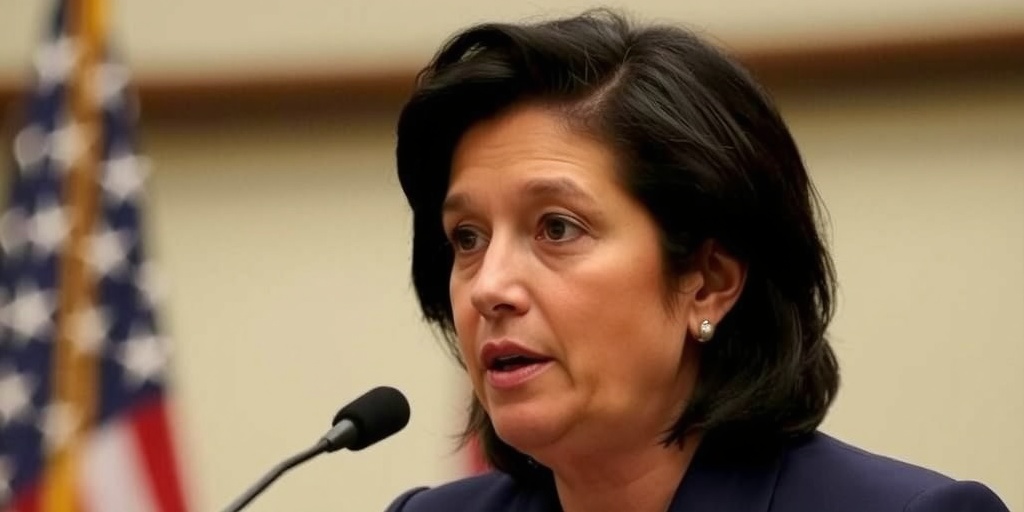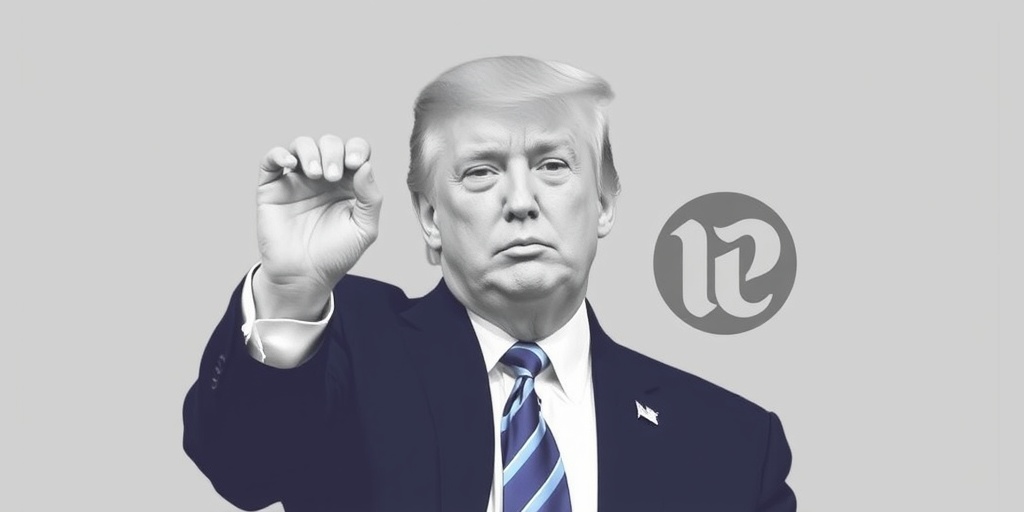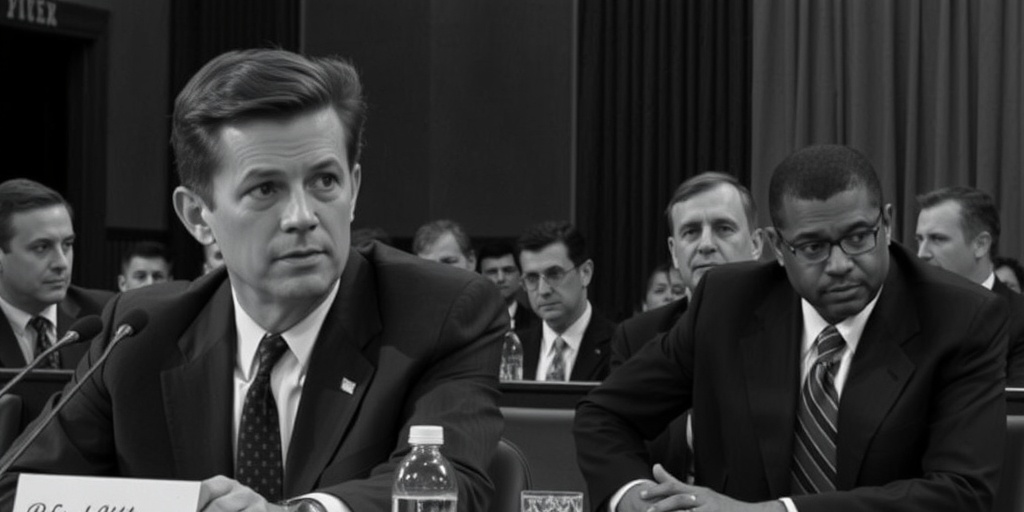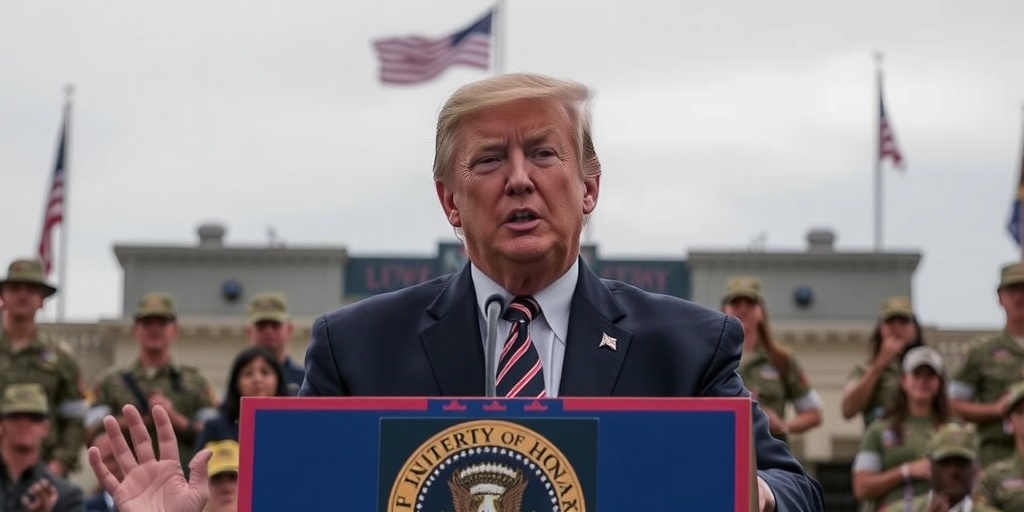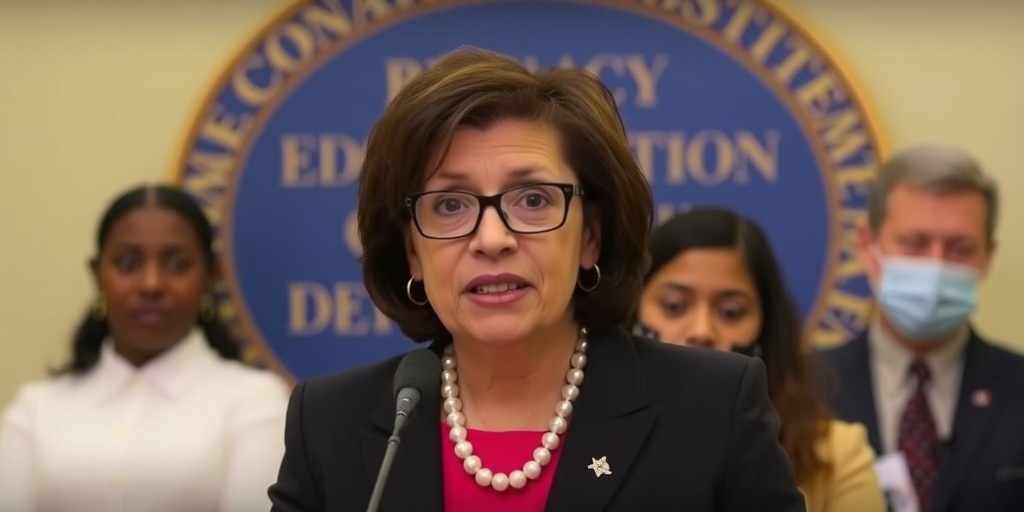Now Reading: Trump Urges Iran to Resume Nuclear Talks
-
01
Trump Urges Iran to Resume Nuclear Talks
Trump Urges Iran to Resume Nuclear Talks
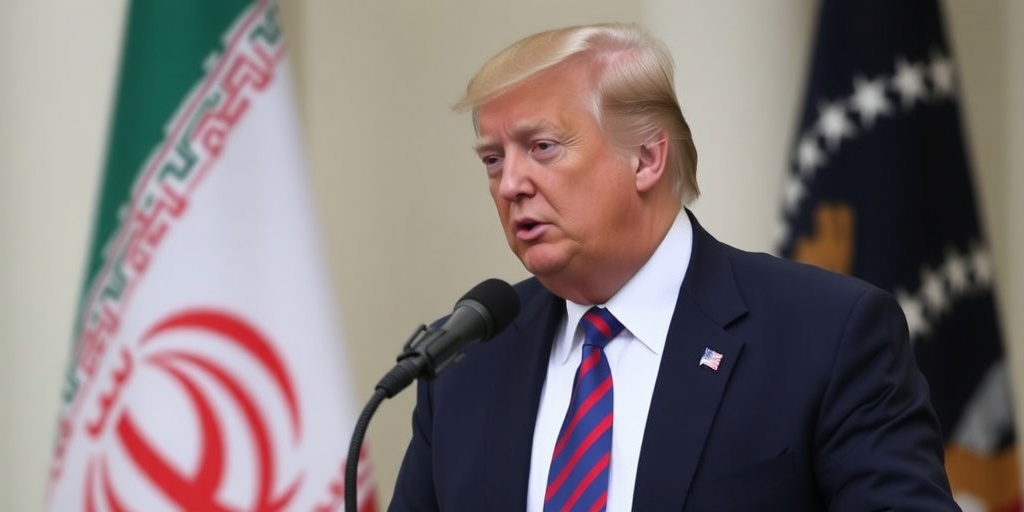
Trump Sends Letter to Iran Proposing Nuclear Negotiations
In a notable shift in foreign policy, President Donald Trump announced that he has sent a letter to the Iranian government, seeking to negotiate a deal aimed at preventing Tehran from acquiring nuclear weapons. This move comes as a stark contrast to his administration’s previous approach, particularly following the withdrawal of the United States from the Iran nuclear deal in 2018—a decision that marked a significant turning point in U.S.-Iran relations and unraveled a cornerstone achievement of President Barack Obama’s tenure.
The letter, which was reportedly dispatched to Ayatollah Ali Khamenei, Iran’s supreme leader, was sent on Wednesday. During an appearance on Fox Business with Maria Bartiromo, Trump expressed his preference for diplomatic negotiations rather than military action to address the concerns surrounding Iran’s nuclear ambitions. "There are two ways Iran can be handled: militarily, or you make a deal," Trump stated. He added, “I would prefer to make a deal, because I’m not looking to hurt Iran. They’re great people,” reflecting a tone of optimism and willingness to engage in dialogue.
The White House has yet to provide further details regarding the letter’s contents or any official response from Iran. However, in his interview, Trump emphasized the significance of entering negotiations, asserting that his letter conveyed a hopeful message: "I hope you’re going to negotiate because it’s going to be a lot better for Iran." Trump elaborated on the potential consequences of military action, warning that if the situation escalates to a military confrontation, it “is going to be a terrible thing for them.”
This overture towards diplomacy marks a remarkable turnaround for Trump, who has consistently adopted a hardline stance against Iran during much of his presidency. The 2018 decision to abandon the Joint Comprehensive Plan of Action (JCPOA)—the formal name of the Iran nuclear deal—was a pivotal moment that resulted in the re-imposition of sanctions against Iran and a subsequent increase in tensions between the two nations. Under the JCPOA, Iran had agreed to limit its nuclear program in exchange for relief from economic sanctions, a deal that Trump condemned as flawed and ineffective.
Despite the uncertainty surrounding Iran’s response to his letter, Trump’s remarks suggest an intent to engage constructively with the Iranian leadership. “If we have to go in militarily, it’s going to be a terrible thing for them,” he reiterated during the interview, emphasizing the urgency and importance of preventing Iran from obtaining nuclear weapons. The call for negotiations underscores a significant pivot towards diplomacy, a method that many academics and foreign policy experts argue is essential in addressing complex issues like nuclear proliferation.
In addition to his engagement with Iran, Trump voiced aspirations for broader denuclearization efforts, expressing a desire to negotiate nuclear disarmament not only with Iran but also with other nations, including major world powers like China and Russia. "It would be great if everybody would get rid of their nuclear weapons," he said during a press briefing in the Oval Office. This broader vision of global disarmament reflects a more ambitious goal that transcends bilateral discussions with Iran, suggesting that Trump is considering a more comprehensive approach to nuclear policy on an international scale.
As the global community watches this development closely, the potential for renewed diplomatic efforts with Iran could herald a significant change in the geopolitical landscape. Nevertheless, the complexities of U.S.-Iran relations, marked by decades of mistrust and animosity, pose considerable challenges to any negotiation process. It remains to be seen how Iran will respond to Trump’s letter and whether this initiative will lead to tangible progress in curbing nuclear proliferation.
In conclusion, President Trump’s decision to reach out to Iran through a formal letter signifies a notable shift in his administration’s approach to one of the most contentious issues in international relations. As both sides navigate the intricacies of diplomacy, the world watches on to see if this could pave the way for a new chapter in the storied and fraught relationship between the United States and Iran. Will this moment be a catalyst for change, or merely another episode in a long history of failed negotiations? Only time will tell.
Stay Informed With the Latest & Most Important News
Previous Post
Next Post
-
 01New technology breakthrough has everyone talking right now
01New technology breakthrough has everyone talking right now -
 02Unbelievable life hack everyone needs to try today
02Unbelievable life hack everyone needs to try today -
 03Fascinating discovery found buried deep beneath the ocean
03Fascinating discovery found buried deep beneath the ocean -
 04Man invents genius device that solves everyday problems
04Man invents genius device that solves everyday problems -
 05Shocking discovery that changes what we know forever
05Shocking discovery that changes what we know forever -
 06Internet goes wild over celebrity’s unexpected fashion choice
06Internet goes wild over celebrity’s unexpected fashion choice -
 07Rare animal sighting stuns scientists and wildlife lovers
07Rare animal sighting stuns scientists and wildlife lovers













